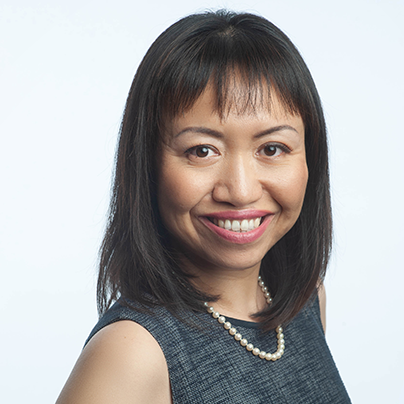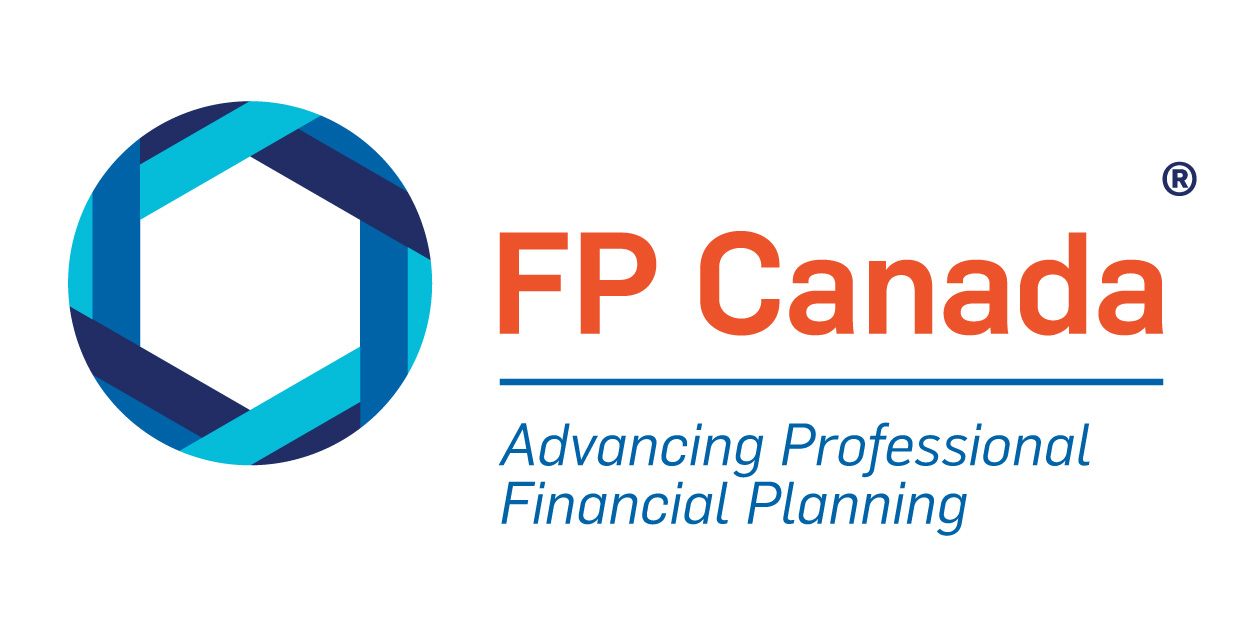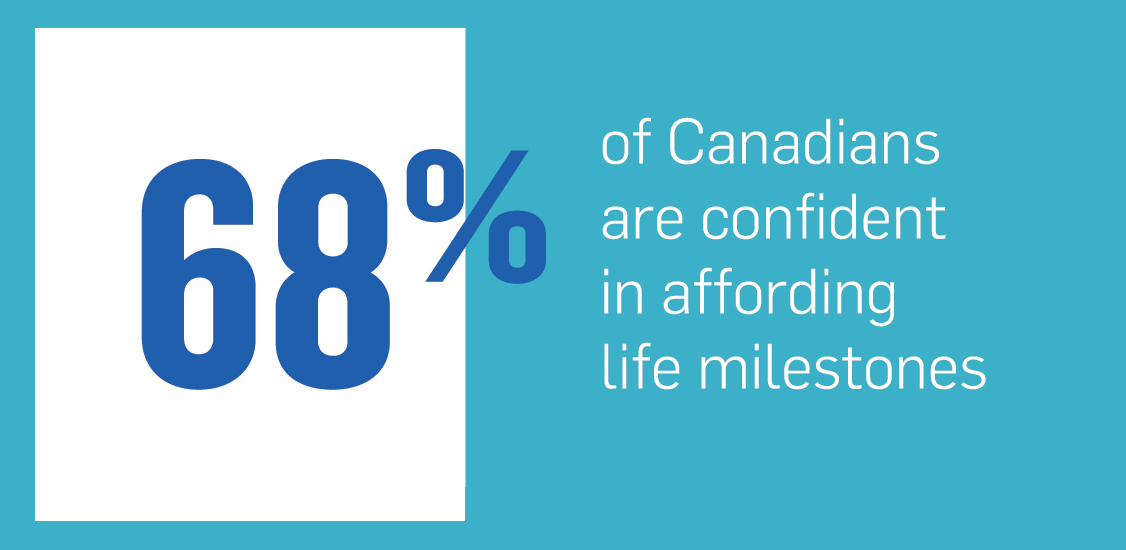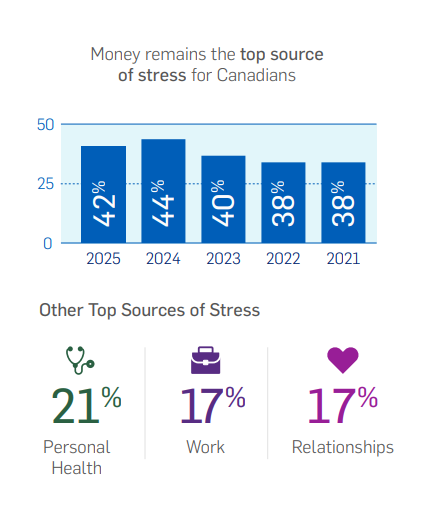Is retirement right around the corner? Ensure you have everything in place to avoid unnecessary stress down the road.
A Major Life Transition
Most Canadians dream of the day when they’re ready to transition to enjoying life on their own terms, whether that means travelling, indulging in hobbies, or something else altogether. Enlisting a CFP® professional or QAFP® professional can ensure you’re set up for success during this exciting change.
The first step is establishing some key numbers that can serve as guideposts on your path to a healthy and happy retirement. Here are four questions to ask yourself—and share with your financial planner—before you retire.
What Do I Want to Do in Retirement?
Are you going to continue to work part time? Do you want to move to a sunnier climate for the winter? Maybe you want to go back to school or volunteer. Whatever your preference, it will have a big impact on how much money you’ll need to comfortably retire. Once you’ve answered this question, you and your financial planner can start looking at the actual steps required to make it happen.
Do I Have Enough Money to Retire My Way?
It’s common for people to retire based solely on their age, but it’s important to determine whether you truly have enough money to do the things you want to do in retirement. Will a monthly income based on your savings and other sources such as government benefits be enough?
To determine where you’re at, consider working with a financial planner who can help you map out your future in a detailed financial plan. They’ll ensure that you understand the income you can receive on a monthly basis from various assets, including RRSPs, TFSAs, pensions, non-registered investments, personal savings, and government benefits.
This is an important process in determining whether you’ll have enough income to pay for the things you need and want during your retirement.
How Should I Manage My Money During Retirement?
It’s very important to have a solid budget in place to ensure you don’t run out of money.
It’s not unusual for those nearing retirement to want to help children and grandchildren. But it’s essential to make sure any monetary gifts you give are planned in advance so they don’t affect your ability to generate the income you need for your everyday spending.
Your CFP professional or QAFP professional can help you create a solid budget and identify your fixed and discretionary expenses. Fixed expenses are those that tend not to change too much, like your mortgage, rent, or long-term care in the future. Discretionary expenses are the little extras you enjoy, like a new couch or a vacation. From there, you can strategize how to best manage your day-to-day expenses without spending more than your retirement income allows.
What is The Most Tax Effective Way to Withdraw from Your Retirement Assets?
How much should you take out from your RRSPs, TSFAs, or non-registered assets—and where should you withdraw from first? Now that you know you have enough funds for your retirement, it’s important to figure out the most tax-effective way of withdrawing your money.
Your financial planner can walk you through the potential benefits and consequences of different withdrawal options. With the right information, you’ll understand how each one could affect your bottom line today.
When it comes to financial decisions, there’s no right answer. They should be tailored to your unique life circumstances. A CFP professional or QAFP professional can help you assess the pros and cons of various scenarios so you can make the most appropriate decisions for you and your future.
To find a financial planner in your area who can help you map out your retirement, use our Find Your Planner tool.

Kelly Ho, CFP®, is Partner at DLD Financial Group Ltd. in Vancouver.

 Find Your Financial Planner
Find Your Financial Planner









